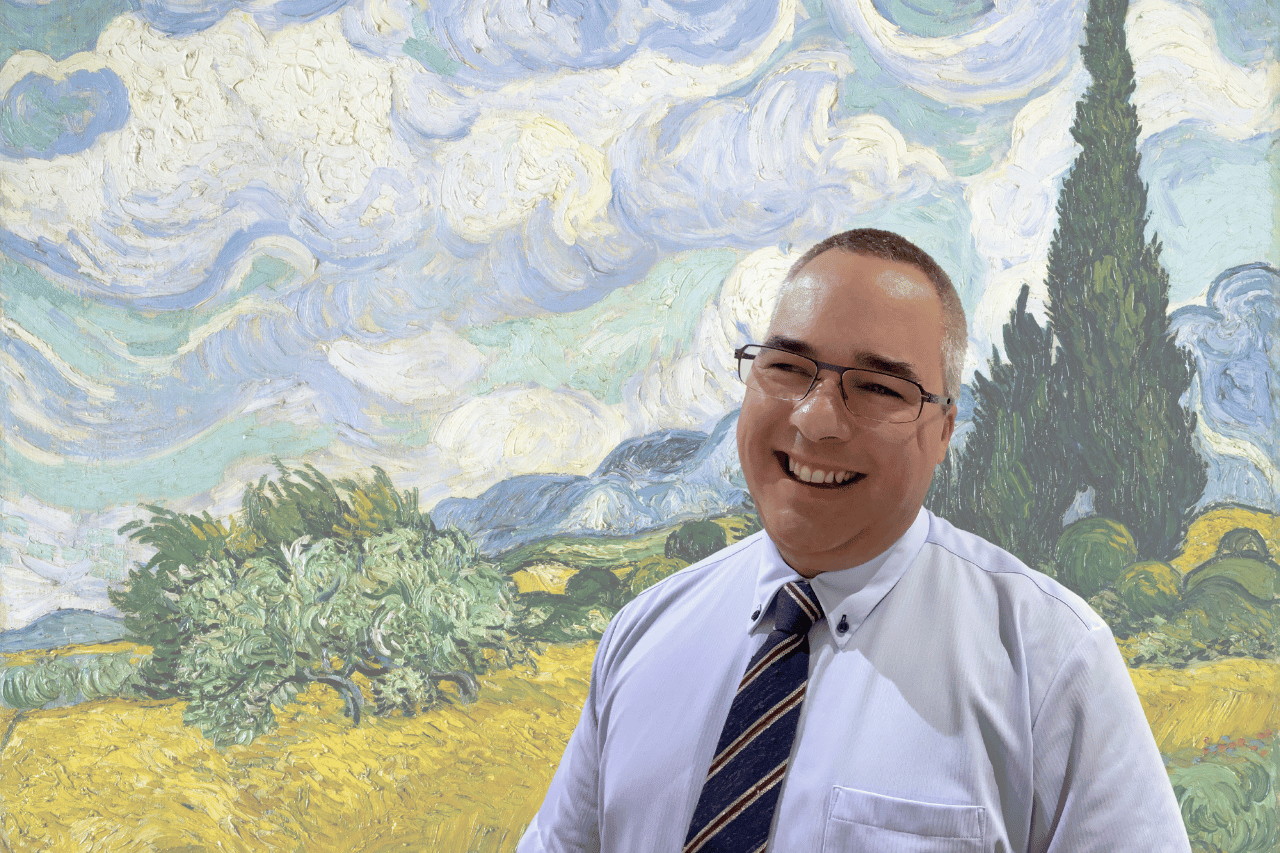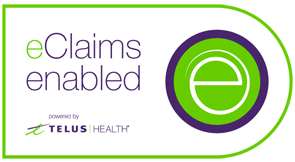Sleep & Worries
CBT-i for Insomnia Treatment
Overview
For many people, sleeping is the last activity we do on the day. But just like any other activity – such as going to work or preparing a meal – learning how to get a restful night of sleep sometimes requires quite some preparation.
Sleep isn’t something we do as much as it is something that happens to us. It is about letting go, getting out of our way, and training our bodies to recognize the cues at night and throughout the day that tell us what we should be doing and when. The decisions you make that shape your sleep don’t start when you lie down at night. They start the minute you open your eyes in the morning.
Most people who struggle with sleep don’t need to be told how urgent sleep is for their health — they already know. They need to be given a simple map of how to live their days in a way that sets them up for great sleep tonight. Sounds easy? Let’s give it a try!
Let's Unlock the Secrets to your Sleep.
Even though sleep is a natural and universal process, it is unique and personal to everyone. Some basic principles apply, however, there is no single trick or program that works for everyone. But with understanding, practice, and learning some new skills, you can also learn to unlock the secrets to having a better rest at night.
The challenges people with insomnia encounter may include having a restless sleep, experiencing quickly depleting energy throughout the day, and being unfocused mainly due to a lack of quality sleep time. Counselling can be an excellent tool for people looking to increase the amount of time they sleep, increase the quality of their sleep, and increase control of their sleep patterns.
CBT-i
CBT-i is considered the first-line, gold-standard treatment for insomnia. It works better than sleep meds leading to durable improvement. It has no side effects and no potential for dependency/addiction, and it’s a more affordable treatment option in the long run. Practicing the skills you learn during counselling every day can help you see improvements in as little as 4 weeks. Research has shown that about 80% of people who complete CBTi demonstrate significant long-term sleep improvement.
It is essential to clarify that CBT-I is NOT about sleep hygiene. This is a popular misconception. While standard advice such as “avoid caffeine after 4 pm”, “limit alcohol in the evening to no more than two drinks before 7 pm,” or “minimize the use of blue-light emitting devices an hour before sleep” are helpful, there is little evidence that sleep hygiene alone is sufficient to treat insomnia.
- CBT-I is a multi-component treatment that combines several approaches, including cognitive restructuring, stimulus control, and sleep restriction.
- Cognitive restructuring attempts to break this destructive feedback loop by identifying, challenging and reframing the thoughts and feelings contributing to insomnia.
- Stimulus control aims to break these associations by reclaiming the bedroom as a sanctuary for restorative sleep.
- Sleep restriction works by narrowing your sleep window at the beginning of treatment to increase sleep efficiency or the ratio of time asleep to time in bed.
- Relaxation techniques such as breathing exercises, progressive and paired muscle relaxation, guided imageries and meditation are also introduced to supplement CBT-I during treatment. Together these skills form the core of CBT-i and are individualized to the client’s needs.
It is essential to clarify that CBT-I is NOT about sleep hygiene. This is a popular misconception. While standard advice such as “avoid caffeine after 4 pm”, “limit alcohol in the evening to no more than two drinks before 7 pm,” or “minimize the use of blue-light emitting devices an hour before sleep” are helpful, there is little evidence that sleep hygiene alone is sufficient to treat insomnia.
La Ronge Counselling provides individual CBT-i sessions. For CBT-i counselling to be effective, clients should be dedicated to want to put the effort into changing their sleep and daily habits. Just trying out a session is not going to work. If you are ready to work towards better sleeps, here is your opportunity! Each session is about 50 to 60 minutes.
We now have a dedicated website focussing on sleep therapy for insomnia.
FAQ
Counseling can help individuals identify the root cause of their insomnia and develop strategies to manage and reduce symptoms. Techniques such as cognitive-behavioral therapy (CBT) and relaxation training can be effective in improving sleep quality.
Common sleep challenges include restlessness, depleted energy, and lack of focus due to poor sleep quality. Counseling, particularly cognitive behavioral therapy for insomnia (CBT-i), can be an effective tool for addressing these challenges and improving sleep quality.
La Ronge Counselling provides individual CBT-i sessions that are tailored to the client’s needs. However, it’s important to note that clients must be dedicated to making changes to their sleep and daily habits for CBT-i to be effective. Each session is about 50 to 60 minutes in length. We now have a dedicated website all about insomnia. Please visit SaskSleep.com to learn more.

RESEARCH-BASED SELF-REPORT
Wondering about your Sleep Difficulties?
Complete the Athens Insomnia Self-Report and receive the results in your email.
Reference:
Soldatos, C. R., Dikeos, D. G., & Paparrigopoulos, T. J. (2000). Athens Insomnia Scale: validation of an instrument based on ICD-10 criteria. Journal of psychosomatic research, 48(6), 555-560.




